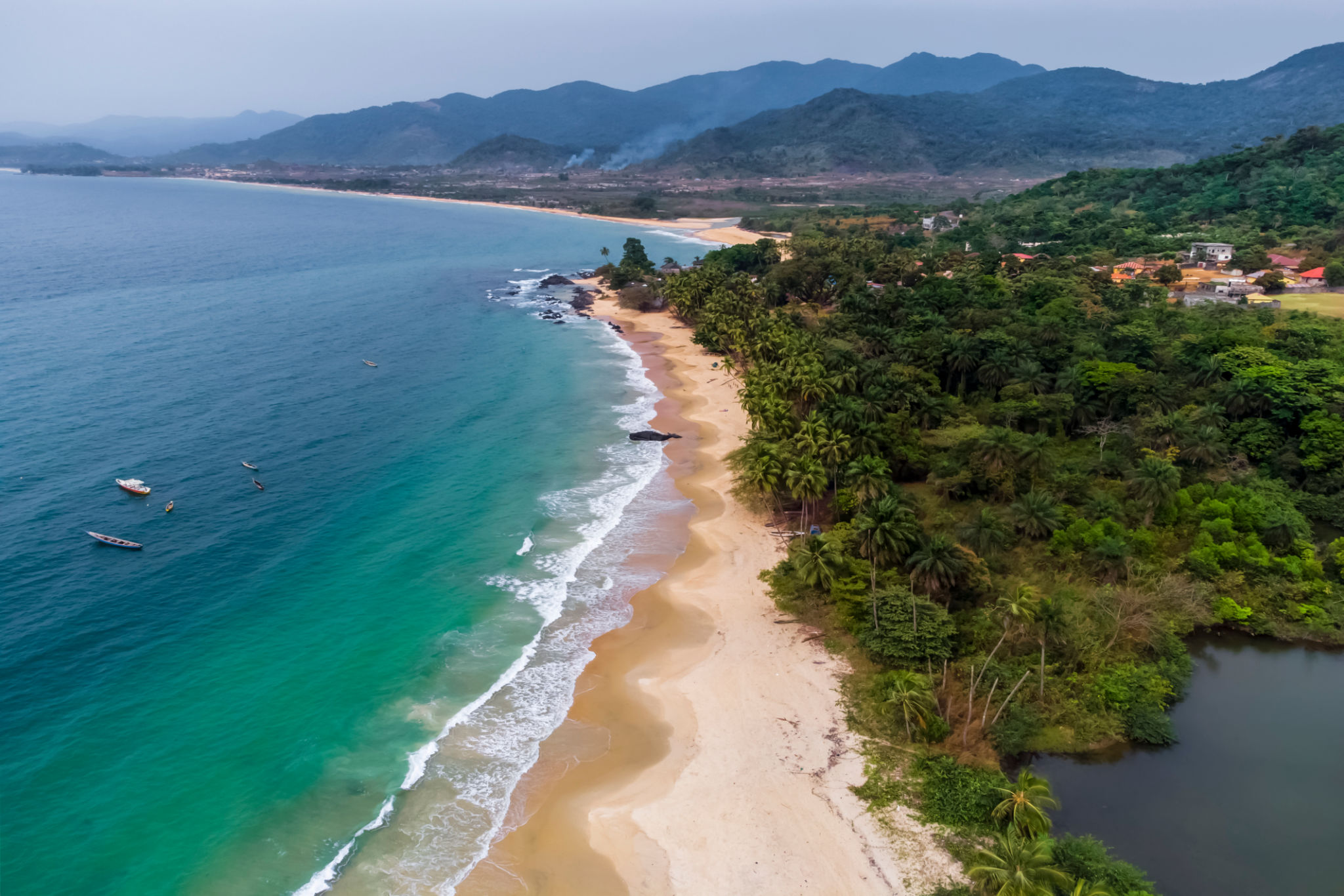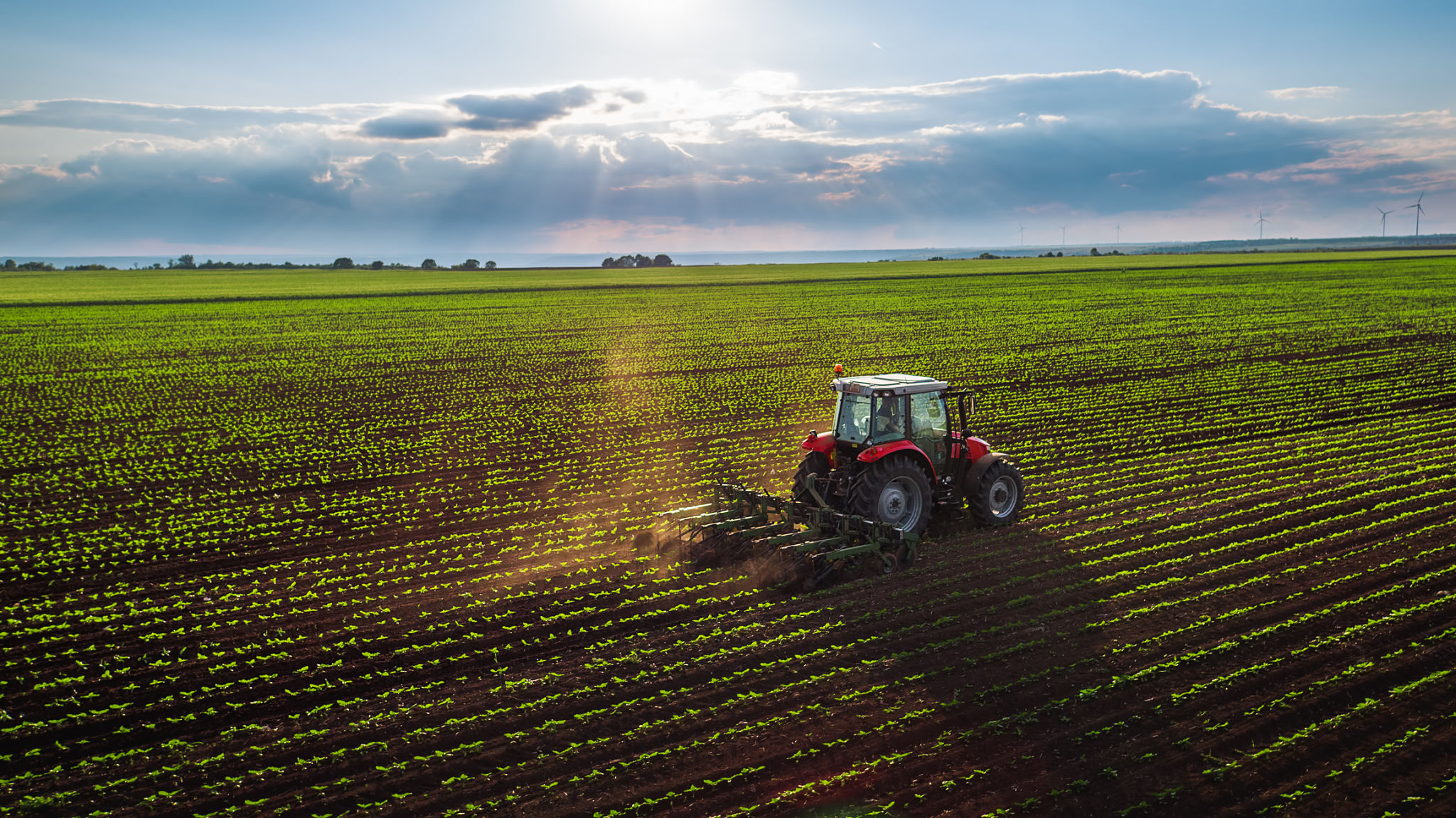Exploring Effective Policy Formulation: Lessons from Southern Sierra Leone
Introduction to Policy Formulation in Southern Sierra Leone
Policy formulation is a critical process that shapes the development trajectory of any region. In Southern Sierra Leone, this process has been both a challenge and an opportunity. The region's unique socio-economic and cultural landscape demands tailored policies that address its specific needs while fostering growth and stability.
Southern Sierra Leone has made significant strides in recent years, thanks to effective policy formulation that takes into consideration local contexts. By examining these policies, other regions can gain valuable insights into crafting strategies that promote sustainable development.

Understanding Local Contexts
One of the key lessons from Southern Sierra Leone is the importance of understanding local contexts. Policymakers in the region have invested in comprehensive research to identify the unique challenges faced by communities. This approach ensures that policies are not only relevant but also impactful.
Local input is crucial in this process. Community leaders, residents, and stakeholders are actively involved in discussions to ensure that their voices are heard. This participatory approach not only builds trust but also fosters a sense of ownership among the people.

Tailored Economic Policies
Economic policies in Southern Sierra Leone have been carefully crafted to leverage the region's strengths. The focus has been on promoting agricultural development, a sector that employs a significant portion of the population. By providing support for local farmers through training and resources, the region has seen improved productivity and food security.
Additionally, efforts have been made to diversify the economy. Initiatives to promote small businesses and entrepreneurship have empowered locals to contribute to economic growth. These tailored economic policies have played a crucial role in enhancing livelihoods and reducing poverty.

Education and Health Policies
Education and health are two pillars of development that have received significant attention in Southern Sierra Leone. Policies aimed at improving access to quality education have been implemented, with a focus on building infrastructure and training teachers. This has led to increased enrollment rates and better educational outcomes.
Health policies, on the other hand, have prioritized access to essential services, especially in rural areas. Mobile clinics and community health programs have been established to address health disparities. These initiatives have contributed to improved health indicators over time.

Challenges and Opportunities
Despite the progress made, Southern Sierra Leone still faces several challenges in policy formulation. Limited resources, political instability, and external factors such as climate change pose significant hurdles. However, these challenges also present opportunities for innovation and collaboration.
By fostering partnerships with international organizations and leveraging technology, Southern Sierra Leone can continue to develop effective policies that address emerging issues. The resilience and adaptability of its people are key strengths that will guide future efforts.

Conclusion: Learning from Southern Sierra Leone
The experience of Southern Sierra Leone offers valuable lessons for regions worldwide. The emphasis on local context, participatory approaches, and tailored solutions has proven effective in addressing complex challenges. By adopting similar strategies, other regions can enhance their policy formulation processes.
Ultimately, the success of these efforts lies in the commitment to continuous improvement and adaptation. As Southern Sierra Leone continues its journey towards sustainable development, its experiences will remain a source of inspiration and guidance for policymakers everywhere.